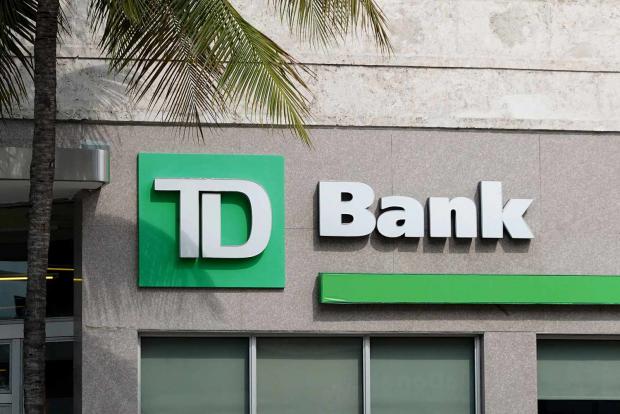
Breaking News
 Argentina Moves to Let Banks Offer Bitcoin and Crypto Services
Argentina Moves to Let Banks Offer Bitcoin and Crypto Services
 We're One Storm Away From Disaster
We're One Storm Away From Disaster
 Think a Dairy Cow Will Tie You Down? Here's the Truth.
Think a Dairy Cow Will Tie You Down? Here's the Truth.
 Students challenge auto industry with modular EV you can fix yourself
Students challenge auto industry with modular EV you can fix yourself
Top Tech News
 This tiny dev board is packed with features for ambitious makers
This tiny dev board is packed with features for ambitious makers
 Scientists Discover Gel to Regrow Tooth Enamel
Scientists Discover Gel to Regrow Tooth Enamel
 Vitamin C and Dandelion Root Killing Cancer Cells -- as Former CDC Director Calls for COVID-19...
Vitamin C and Dandelion Root Killing Cancer Cells -- as Former CDC Director Calls for COVID-19...
 Galactic Brain: US firm plans space-based data centers, power grid to challenge China
Galactic Brain: US firm plans space-based data centers, power grid to challenge China
 A microbial cleanup for glyphosate just earned a patent. Here's why that matters
A microbial cleanup for glyphosate just earned a patent. Here's why that matters
 Japan Breaks Internet Speed Record with 5 Million Times Faster Data Transfer
Japan Breaks Internet Speed Record with 5 Million Times Faster Data Transfer
 Advanced Propulsion Resources Part 1 of 2
Advanced Propulsion Resources Part 1 of 2
 PulsarFusion a forward-thinking UK aerospace company, is pushing the boundaries of space travel...
PulsarFusion a forward-thinking UK aerospace company, is pushing the boundaries of space travel...
 Dinky little laser box throws big-screen entertainment from inches away
Dinky little laser box throws big-screen entertainment from inches away
 'World's first' sodium-ion flashlight shines bright even at -40 ºF
'World's first' sodium-ion flashlight shines bright even at -40 ºF
Major Bank Hit with Record Fine Over Drug Cartel Money Laundering Scandal

TD Bank will pay $1.89 billion to the Department of Justice, $123.5 million to the Federal Reserve Board, and $450 million to the Office of the Comptroller of the Currency, according to the consent order between the federal government and the bank.
The bank must also pay $757 million to the Department of the Treasury's Financial Crimes Enforcement, referred to in the consent order as FinCEN.
The penalty is a record, according to CNN. It reported that the Department of Justice said TD Bank had "long-term, pervasive, and systemic deficiencies" so that between January 2018 and April 2024, more than 90 percent of accounts were not monitored, enabling "three money laundering networks to collectively transfer more than $670 million through TD Bank accounts."
"From fentanyl and narcotics trafficking, to terrorist financing and human trafficking, TD Bank's chronic failures provided fertile ground for a host of illicit activity to penetrate our financial system," Deputy Secretary of the Treasury Wally Adeyemo said.
The investigation was triggered by federal agents' discovery that Chinese criminals bribed bank employees and laundered millions from selling fentanyl through TD branches in New York and New Jersey, according to the Wall Street Journal.
The consent order said that the bank failed to properly implement 2013 orders from FinCEN after it was linked to Ponzi scheme activity.
"Although the violations involved a host of unique issues, these violations demonstrate key and systemic failures by TD Bank, including awareness of certain issues by senior management," the order said.
The bank's lack of efforts to address money laundering "caused billions of dollars in illicit funds to flow through the U.S. financial system without effective monitoring," the order said.
The order said TD Bank embraced customers in "high-risk jurisdictions, such as Colombia, Cuba, and China" and then "knowingly failed to timely mitigate the risks stemming from these flows."



